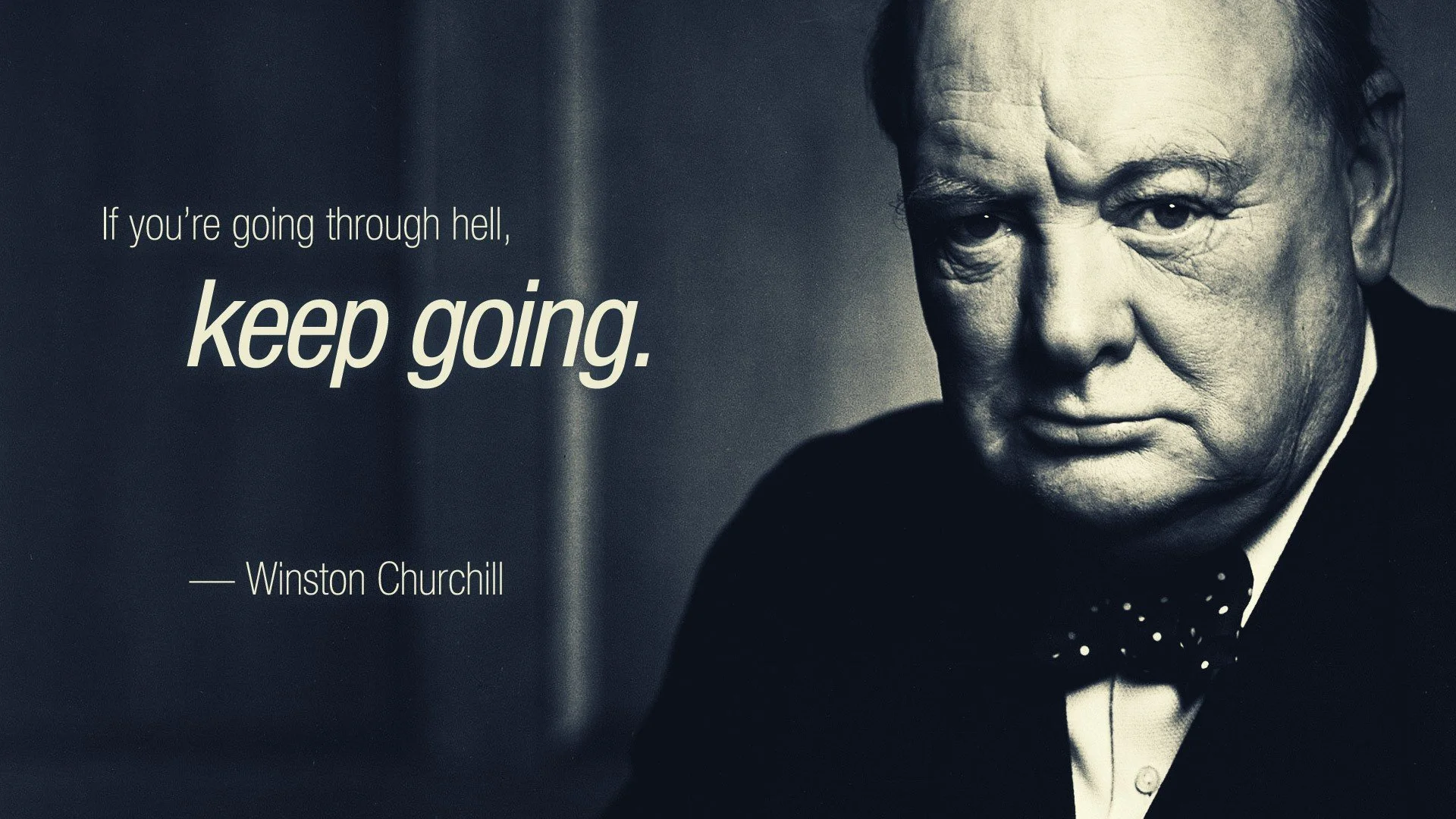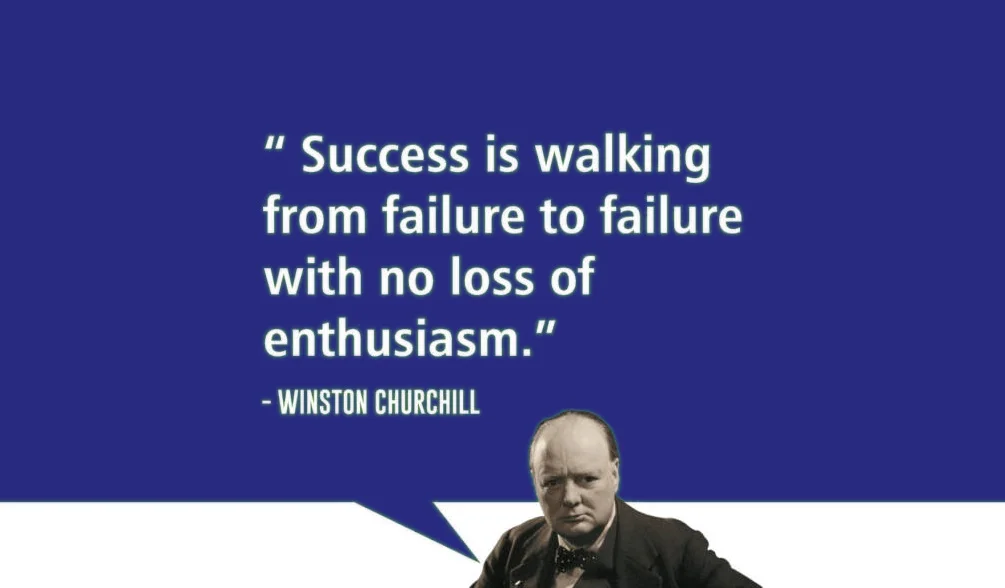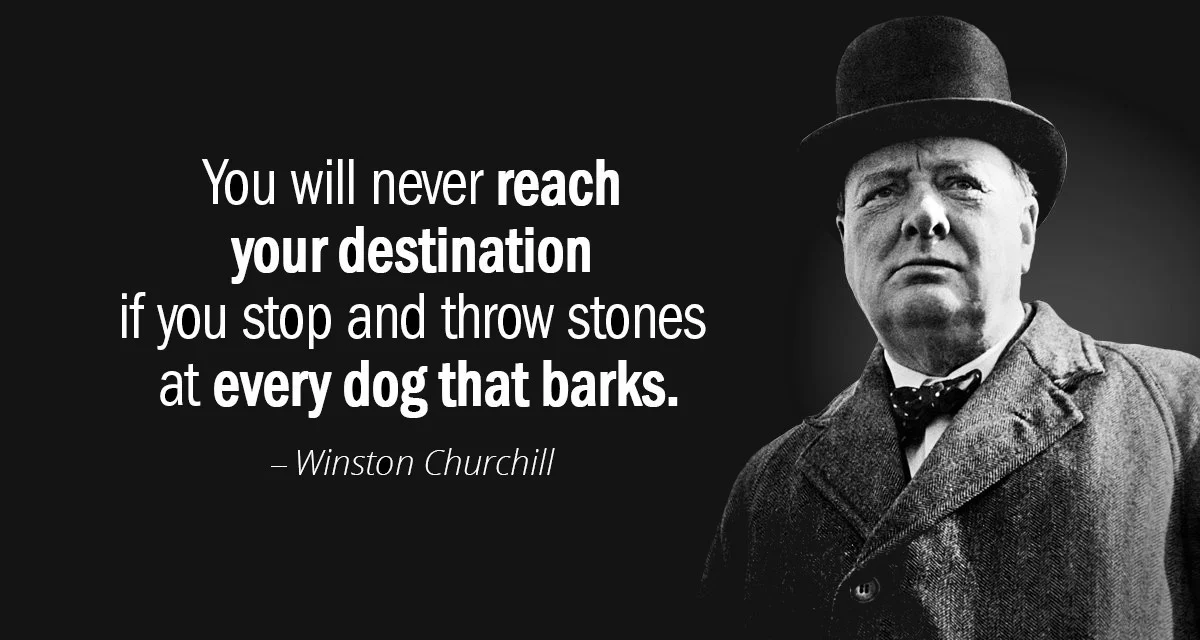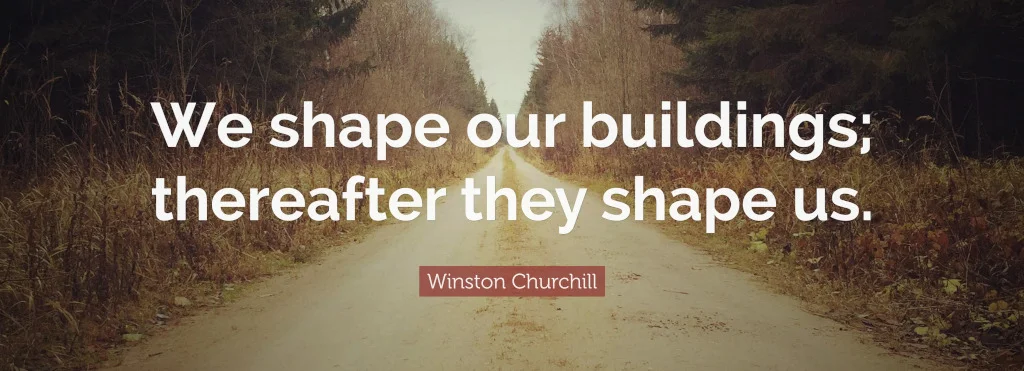Attending rehab initiates profound internal shifts, accelerated by some pretty intensive therapy. Wanted or not, rehab is intended to help you address deep-seated issues and establish a foundation for emotional resilience and self-awareness. After treatment, significant changes in self-perception and interactions with the world begin to occur. Recovery continues as these insights are integrated into daily life, focusing on stabilizing the individual until they are able to start moving in the right direction on their own.
It’s not all peaches and roses; life after rehab involves a range of pros and cons in hyper-specific scenarios. So a one-size-fits-all table isn’t really intended to measure our recovery but more of a general rule of thumb. We are each our own unique little butterflies and carbon-based beings of the cosmos.
| Pros | Cons |
|---|---|
| Enhanced self-awareness and emotional resilience | Managing cravings and potential relapses |
| Improved physical and mental health | Dealing with past traumas without substance use |
| Stronger, healthier relationships | Facing social stigma associated with addiction |
| Development of coping strategies and life skills | Navigating new social environments and triggers |
| Increased sense of purpose and direction | Maintaining a commitment to ongoing therapy |
| Support from sober communities and networks | Adjusting to life without the familiar crutch of substances |
| Opportunities for personal and professional growth | Potential financial and legal issues from past actions |
| Better decision-making abilities | Experiencing emotional highs and lows more intensely |
| Restored trust from family and friends | Establishing new routines and habits |
The real challenge that hits you between the eyes is the sudden return of responsibility.
Even if your purpose in the world of sobriety feels strangely off-kilter, you now have responsibilities to parents, partners, loved ones, therapists and fellow recovery group members all prying in to keep you on the straight and narrow, which is par for the course. Most annoyingly tho you have a newfound responsibility to yourself, which can be a real pain in the ass minfu@#k.
The internal universe is vast and unfriendly place filled with villans from the past and up till now only charted in some of the most extraordinarily unhealthy ways.
After rehab, you’re confronted with a more mortal honest version of yourself and it can be tough to face that stalwart hard bastard in the mirror each morning for a while, but meat sack and bones cannot go back to destroying itself as a semi-contained if not turmoiled mind has made a descision all on it’s own.
So what next?










Prepare for the Loneliness
While the pannicked seeking and search is subsiding with each new day as the old friend turns to foe. Standing in a crowded room filled with work colleagues or step meeting enthusiasts or amidst the chaotic buzzing, clicking, popping of social media, you still feel like the loneliest only that ever graced the godforsaken wastelands of sobriety.
It’s all apparently 100% fu@#king normal, so you are not as retarded as you think you are.
The mind is a funny thing it plays tricks on you, pokes fun at you and gravitates you back towards the lost “relationship” the old trustly love affair with a substance that supposedly cures all.
Of course it’s easy to cave and it’s easy to slip and fall and it’s easy to go on filling the void with tasks and events and noise to drown out the lonliness, grief and pain that you are feeling alongside the loss and lonliness but…….
It’s only in this space where you can actually learn the single greatest gift of recovery being on your own and making peace with that inner being that has been fighting to survive from day dot.
It’s here where you need to give yourself some runway my friend. Rome wasn’t built in a day, nor did it fall in a day – some things take time recovery is one of them.
You simply need to acknowledge that this has happened to the best of the best and recognise that the next right step is … acknowledgement … acknowledgement that the rampant lunatic stomping around your emotions like a bull in a china shop needs to be herd, each emotion is raw and the only way through this is through this is to acknowledge that you are experiencing. The hundred bottles of [pickyourpoison] never silenced the lunatic, it just put him on mute for a while but as with any injury it simply take time for you to start feeling like a normie again.
Yes he yanks down on the onlyiest, lonliest, poorest poor me, I’m so sad strings of your inner child. I understand, but the you of youness needs to learn to back smile softly back and forgive him.
Being lonely and depressed isn’t necessarily a bad thing; once you’ve lived through it, you’ll see it’s part of the recovery process. You may feel like a duck out of water now, but your resilience is forged through this loneliness, forming a bond within yourself that cannot be dented by the outside world. So embrace it, live it, and learn to understand it. See it for what it is, because the lessons learned in loneliness are among the greatest in the human experience. Time does heal, and sober time heals fastest. One day at a fu@#in time.
In the immortal words of another famous alcoholic.

Prepare for the Relapse
It doesn’t need to happen, but it does. When it does, don’t spend an eternity beating yourself up. Instead, review the preceding events that got you to where you are and take stock. Something happened, and it wasn’t the gravitational pull of the moon. Rather, something subtly influenced the subconscious decision-making process, and suddenly, oops, damn, fuck, I did it again.
Many reading this may not have actually relapsed yet, but many old-timers will tell you that relapse is not just the act of returning to a substance. It’s the inadvertent subconscious process that insidiously leads back to the substance—in other words, faulty patterns of thinking that no longer serve the carbon based meat sacks existence in the universe.
The problem lies in all the things we don’t think about in day to day existence, but the minefield that explodes in realtime result of our words and behaviours in the moment of (crisis, challenge, temptation etc). Whether you are an addict or not, relapses are not the core issue; they are symptoms of faulty patterns of thinking. These include all the preconceived notions, adverse reactions, and generally self-defeating thoughts that the mind carries around in a subconscious fog.
After rehab, it’s our job to shine a light into those crevices, gently understand the sources of these thoughts, feelings and reactions and explore meaningful ways to pause them and evaluate when they rear their ugly heads.
It’s about recognising and affirming “I am now a better version of me that takes a breath before I respond to that”. This takes time and work and patience, it’s about un-learning and re-learning and it cannot be skipped over to living your best life. You are tested daily and your examiner is that same cruel bastard that looked back at you this morning in the mirror learning to understand that relapse is simply another mecanisim forcing your hand on “self reflection”.

Prepare For Rejection
People cannot see the shifts you make inside your mind. Blame and finger-pointing have never achieved much in the past, and they are unlikely to make a difference now or in the future. The only advice here is to allow for grace—grace for yourself and your emotions, and grace for others and their bullshit. Retaliation has never been a solution. It’s up to you to choose what is worth engaging with and leave what isn’t for the fu@#ery birds to peck on. You have better things to do with your mind. I say rejection in the title, but what I mean is understanding the misunderstanding.
Once you turn your own corner and grasp the relapse point outlined above, you will start to see that the subconscious events and narratives that swirl in the minds and relationships that surround you.
They no longer serve you and without being a pompus asshole and point out the problems, but learn the grace and empathy to accept that things are for others the way they are because they do not know a better way.
Sure it’s a fucking hard pill to swallow, but their journey is not yours and you don’t need to get dragged into the fray, you just need to be mindful of it.
This applies to friends, family relationships, people all the others that are not you. Grant me the serenity to accept the things I cannot change, the courage to change the things I can, and the wisdom to know the difference.
Seeing as how we chose a Winston theme here let’s stick to it just keep this gem in mind “Opinions are like assholes, in that everyone has one” so don’t get suckered into what people think or say or do – take the mindful road less traveled and get to where you are going.

It’s All in Your Head
The biggest secret in recovery is this: We are the creators of our perceptions, and how we perceive things to be is how they are for us. Our minds can’t actually tell the difference between what is real and what we make up in our heads. The subconscious warning systems that keep the “meat sack” out of danger are buried deeply in our minds and are custom-designed to drift between the past and future to make “life-saving” decisions in the present based on experience and extrapolated data.
But we don’t live in the past or the future. We live in the now.
The problem is that if the past experiences’ data was corrupted at some point, then the extrapolated data making decisions about the present needs verification before it can be applied meaningfully in the now.
Re-setting our personal barometers goes hard against the grain these are the things we believe about ourselves, if this then that, you always, you are etc absolute statements black and white are the hallmarks of judgements that need to be questioned. Again this is not the Spanish Inquisition, easy does it. People that have struggled with addictions hold themselves and others to unfathomable standards that no mere mortals should have to bear.
We gently seek to change your narrative. <– read that again because you skim read it and didn’t absorb.
What we tell ourselves sets our perception whether it’s true or not. When you have extrapolated on junk data you will make junk decisions. And it’s here the tide shifts mountains.
- I’m not able to ….. – If you tried and failed, try another way ability gritt is gritt spelled badly.
- I will never be able [insert self-defeating nonsense thought here] – Never ? Never say never! Beliebers
- I can’t [you get the picture]
The thing is that our mind thinks the things we tell it to think in one format or another. We are the creators! So to borrow a concept as present in the rooms of therapy as much as it is in the rooms of anonymity. “Fake it till you make it” baby!. Bring in the contrast and when mind says can’t you say can, when mind says never you say will. Sooner or later you will begin to belive your own bullshit just the way you have been your whole life. If you re feeling depressed fake that you are feeling happy, if you are feeling hard done by – then find the silver linings and be grateful for them.
(NOT TO THE WORLD, TO YOURSELF) this is not a outward projection to others – this in an inward reflection for yourself – the narrative you are changing is in yourself. You have the choice to tell your story as long dreary tale of doom and despair or you can buckle up buttercup and catch the tail wind of your forever recovery and ride it like a unicorn over the rainbow, you fucking fearless beautiful dragon you.
Forcing a new direction even if it feels fake at first teaches your mind to be resilient for times when the shit actually hits the fan. I’ll leave you with a final wisdom from Winston Leonard Spencer-Churchill – Recovery is as hard or easy as you belive it to be. <– read that again because you skim read it and didn’t absorb. Actually I lie he said this, which is vaguely on-point.

Roses, Petals, Sunflowers and Dandelions
Yes indeed the work after rehab is just about practice not perfection. Practice being a slightly better version of yourself each day and at some point you are going to look back and say “wow, look how far I have come” with glee and joy and fairy blossoms et al.
But relly you get back to living your life now.
Rehab is a stig, it draws your attention from the seas of doubt and gives you a window of opportunity to clear your head and start to deal with the things that actually matter. Like living your best life in a real and non-instagram way.

And all of the above is what happens when you leave a blank page published on your blog and Doug get’s ahold of it.
Life after rehab asks for daily effort and proven strategies to sustain recovery, rebuild relationships, manage triggers and restore purpose and resilience.. Changes team counsellors are here to help you.Life After Rehab Sustain Recovery Rebuild Your Life








